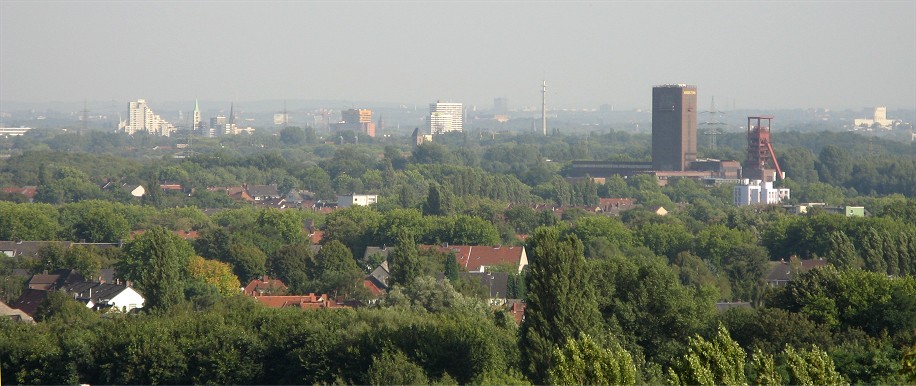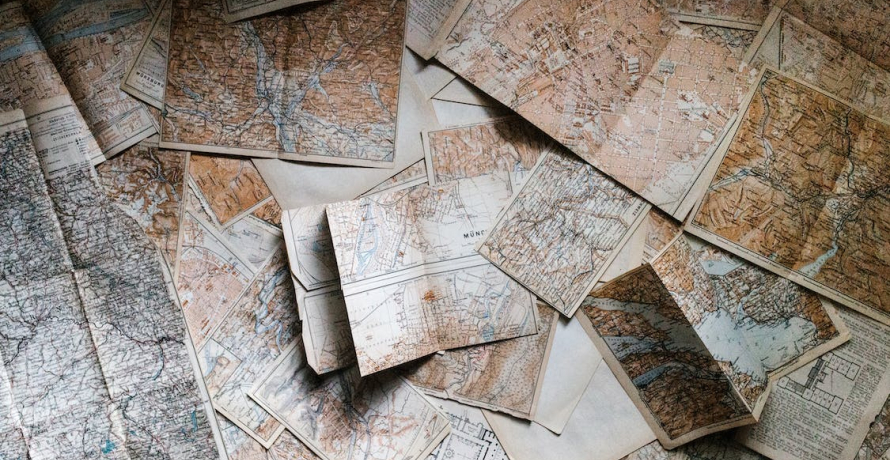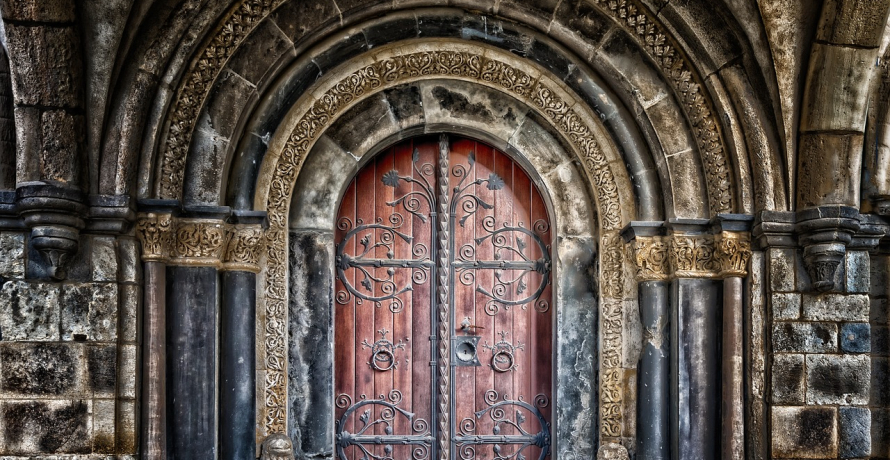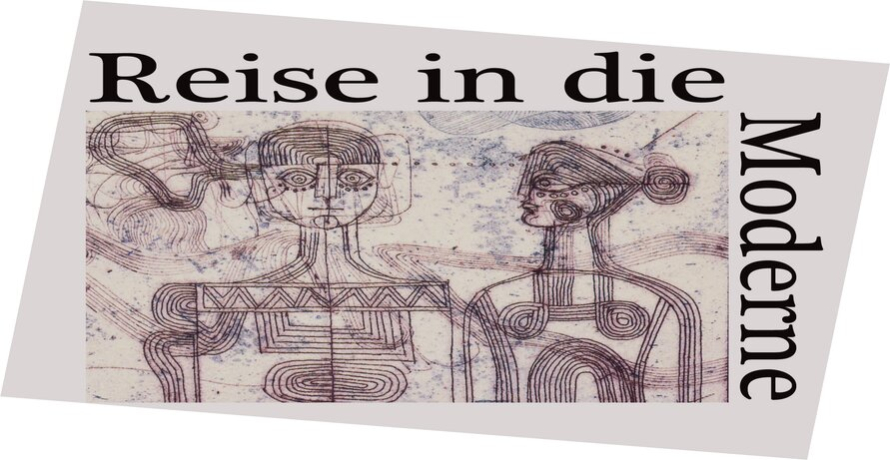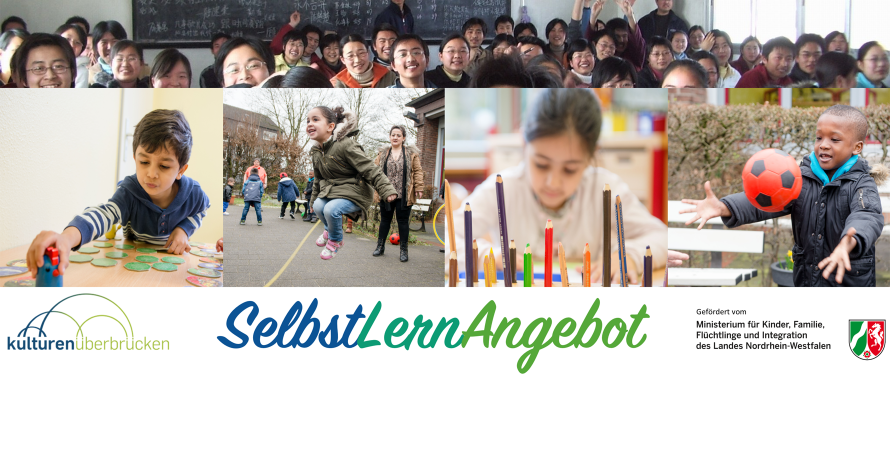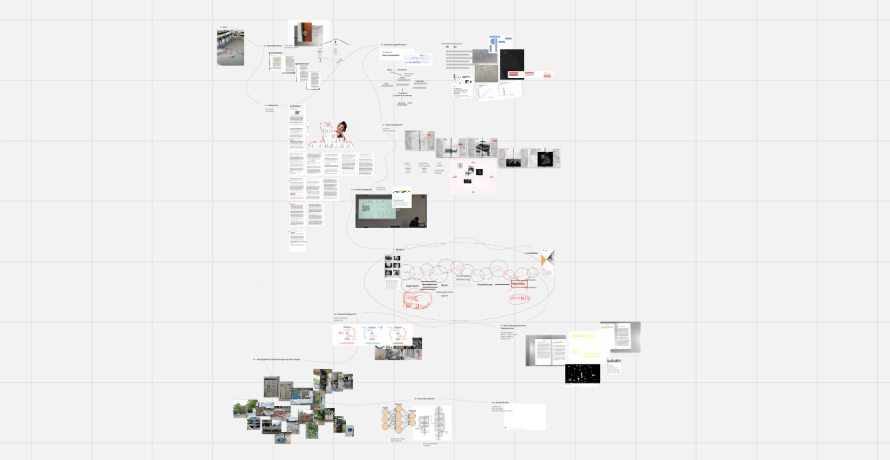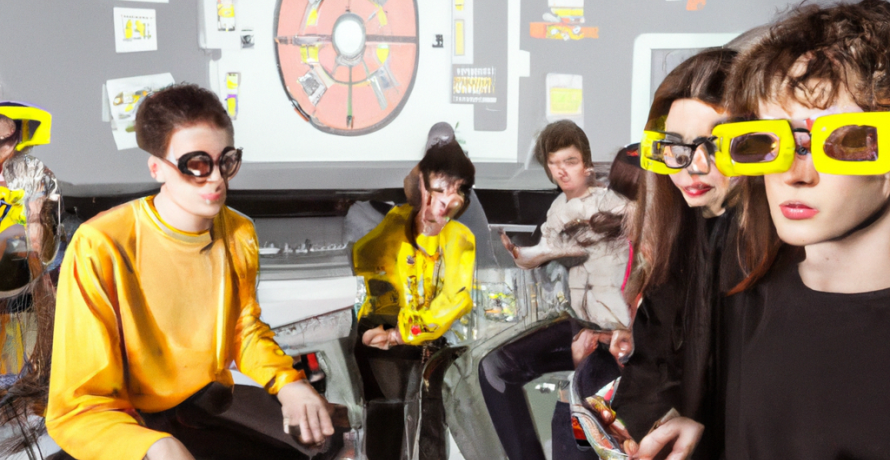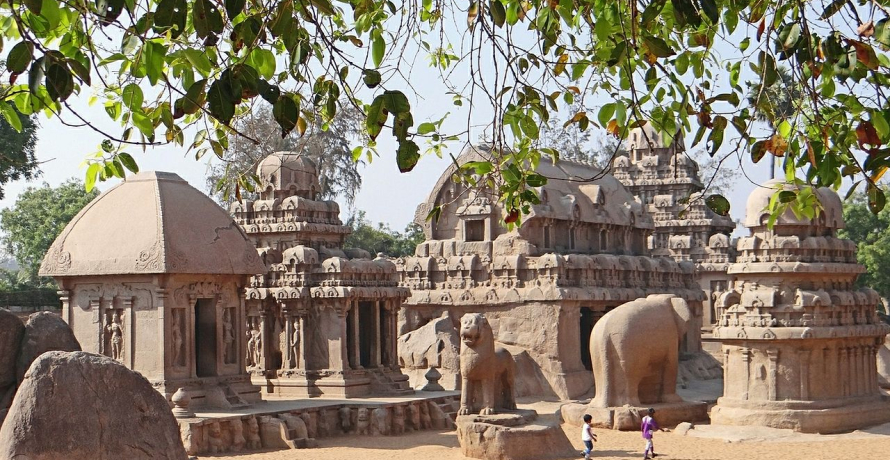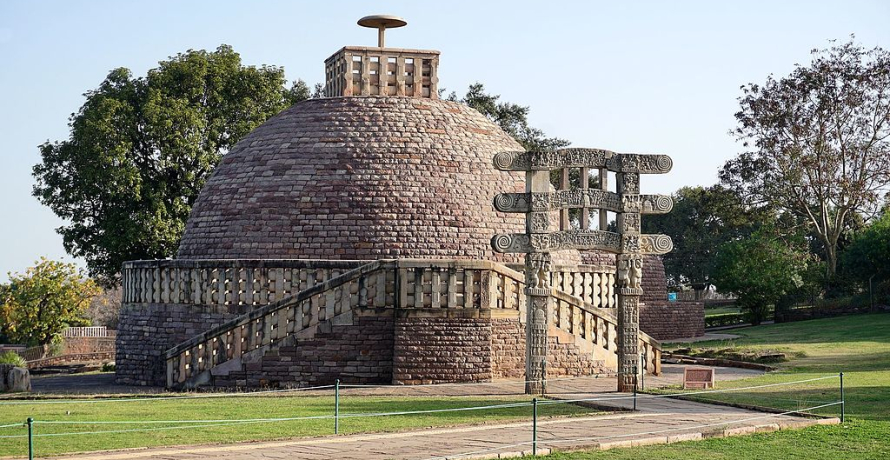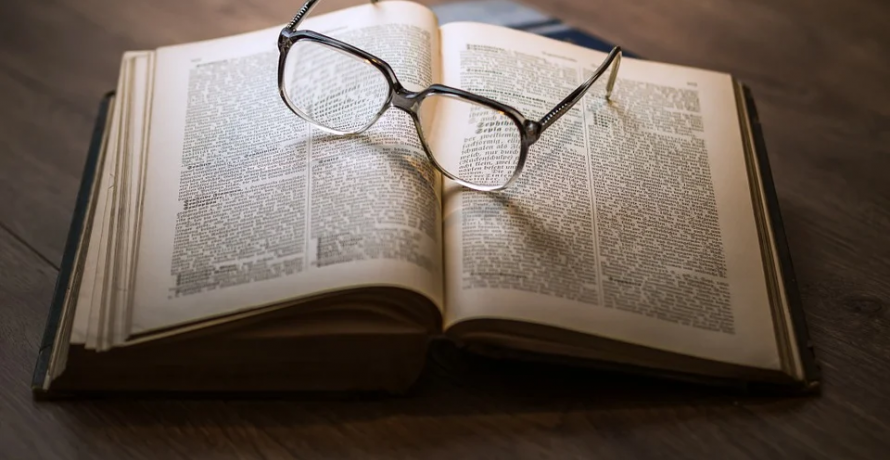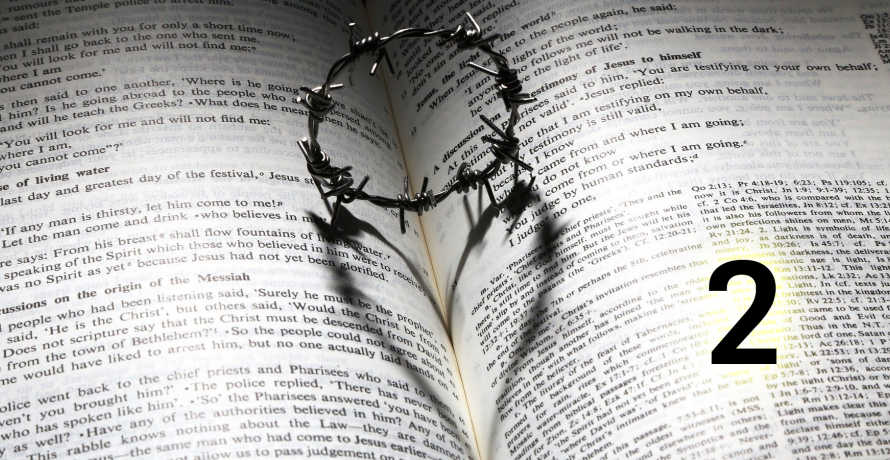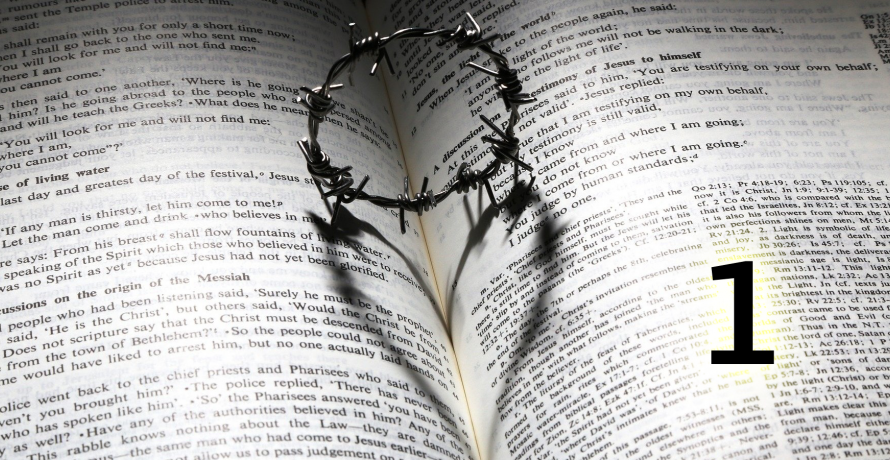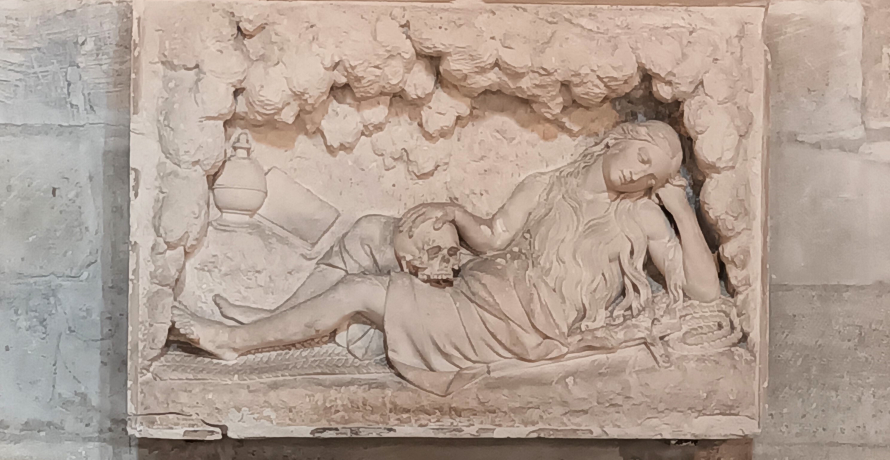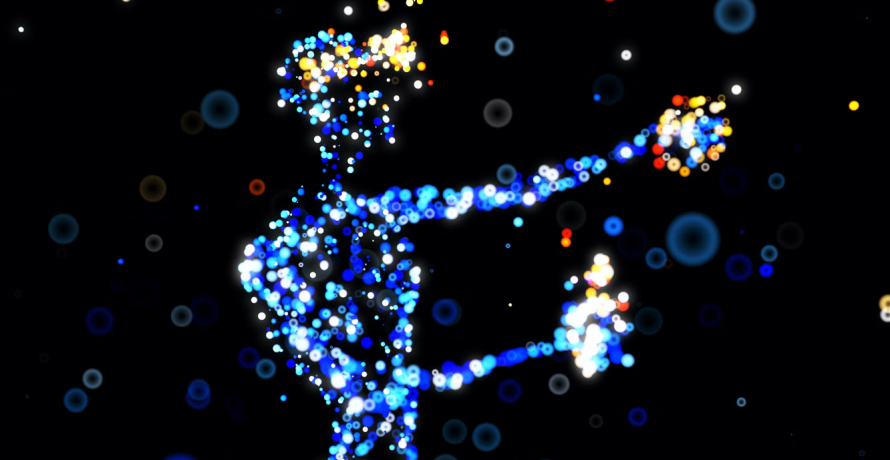In the interdisciplinary teaching project GamBLe EduCache, which spans multiple universities, students develop teaching content for their fellow students (or school pupils) in the form of an educational game based on the principle of geocaching (“scavenger hunt”). Gamified learning tasks are solved at former industrial sites in the Ruhr area, combining theoretical knowledge with practical experience.

Read More
Digital Exam Workshop in Collective Labor Law
"The DKW aims to provide advanced students with practical instruction on exam-relevant topics in collective labor law. To this end, fully formulated practice cases are available, accompanied by review and introductory videos covering the central themes of collective labor law. In addition, the course features thematically relevant interviews with practitioners. The project is rounded off by interactive self-study formats (H5P) designed to verify and deepen knowledge."

Read More
Proseminar: 1000 Reasons (not) to learn (OCW)
This educational sciences seminar (area "Lehr-/Lernforschung") from WiSe 17/18 offered an understandable introduction to the theories of motivation and interest research. The seminar focused on the question of how motivation can be distinguished from interest.
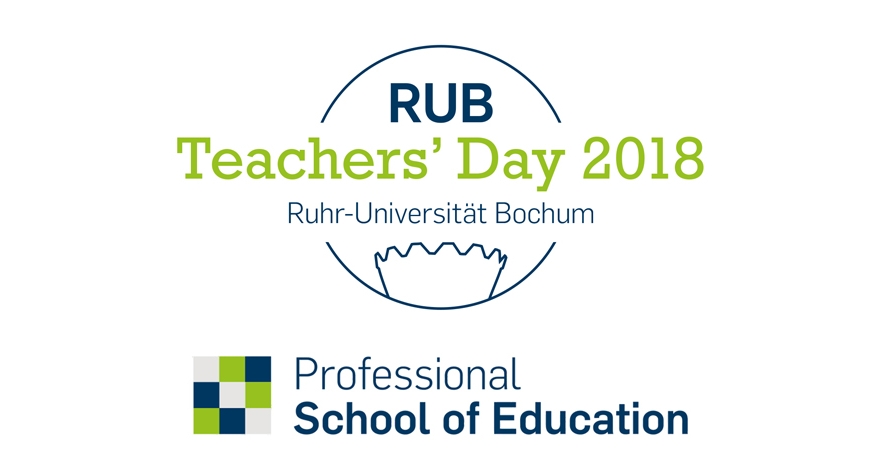
Read More
Workshop: East Asia and the EU as Partners in Global Economic Governance
The workshop "East Asia and the EU as Partners in Global Economic Governance" took place on 4 July, 2017. International participants and speakers addressed questions of actorness, role conceptions and forms and venues for EU cooperation with East Asia. This course presents video recordings of the workshop.
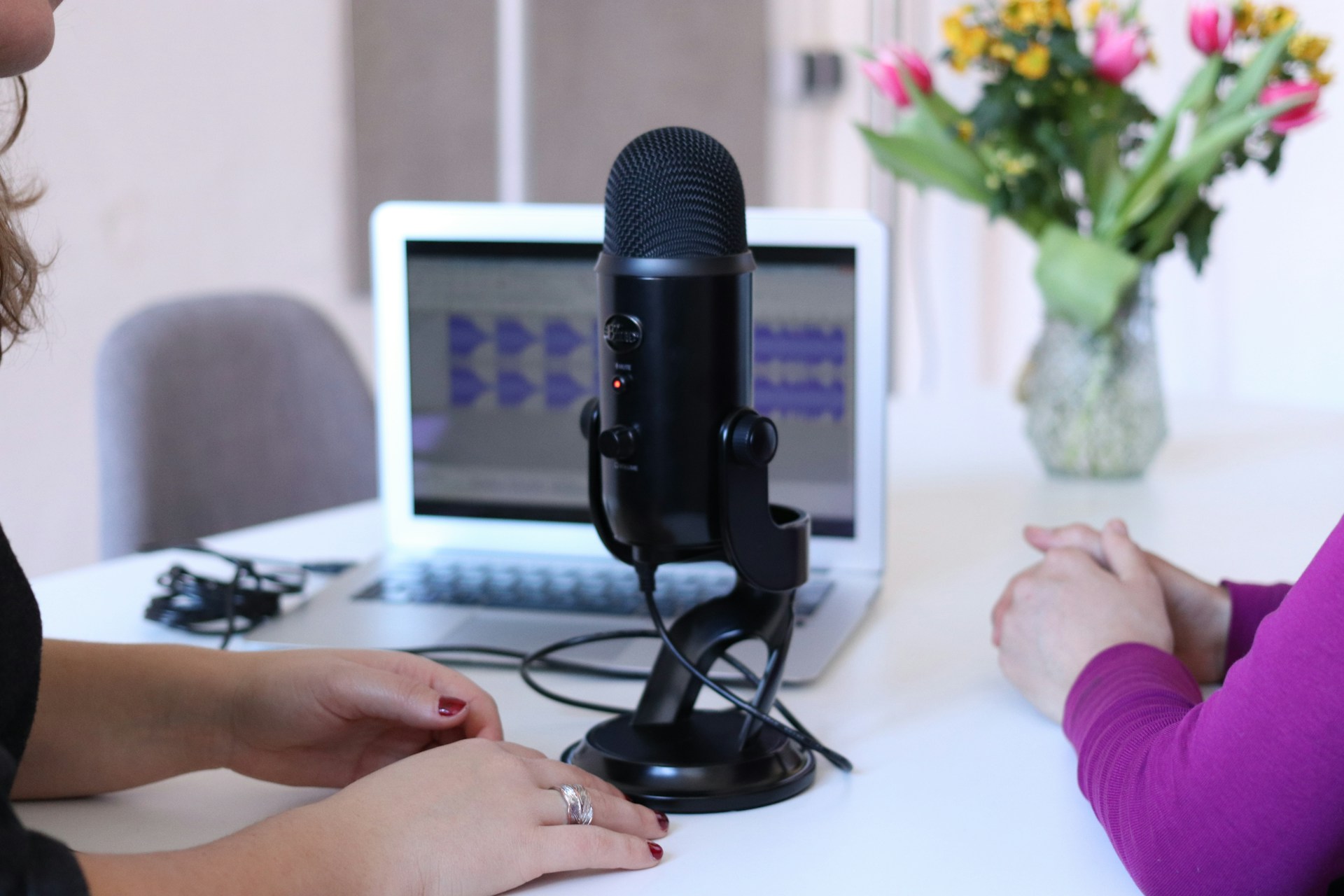
Read More
Interdisciplinary Perspectives on Transnational Migrant Remittances | RUB Summer School 2024
The Interdisciplinary summer school is dedicated to a classic and at the same time highly topical subject of interdisciplinary migration, diaspora and development research: remittances, which are transferred between migrants and their transnational families and communities of origin. The aim of the summer school is to introduce students to the often-separated debates on financial, social, and non-material ("intangible") remittances. From a sociological, geographical, developmental, and economic perspective, participants will explore the ambivalent impact of remittances between supporting families and communities, local development and the (re)production of social inequalities.
An integral part of the summer school is the introduction to and production of podcasts. Interdisciplinary teams will work together to create a series of short podcasts on key aspects of remittances. They will receive didactic and technical guidance and support about recording, editing, acquisition of third-party content and copyrights from the ZfW e-team Digitization in a peer-to-peer learning format.
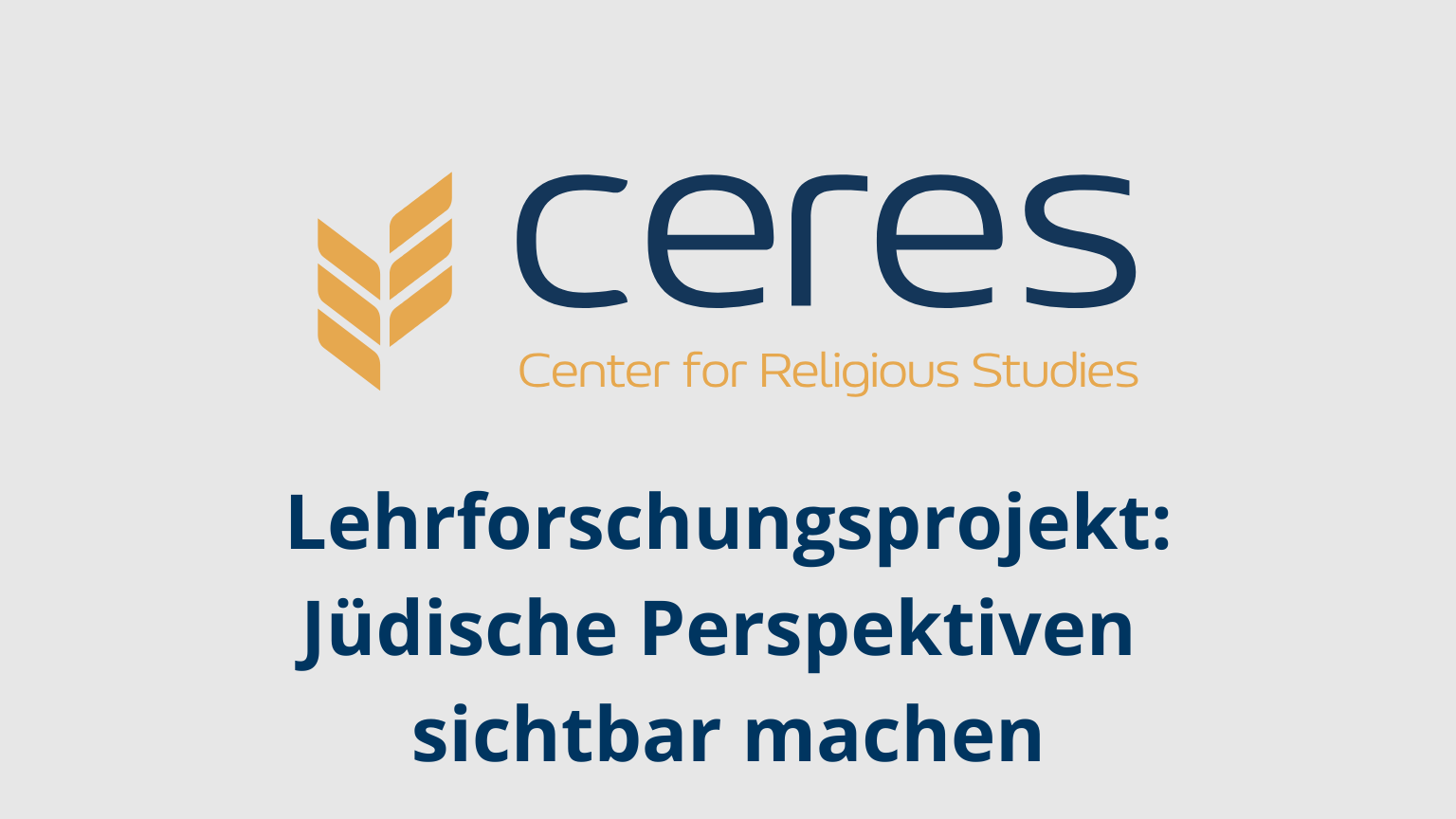
Read More
Teaching research project: Making Jewish perspectives visible
The teaching research project “Making Jewish perspectives visible” aimed to research and document Jewish life and to prepare the results in the form of freely accessible OER materials (Open Educational Resources). Students had the opportunity to conduct research on a topic of their choice and to explore historical and/or contemporary Jewish realities and self-perceptions.
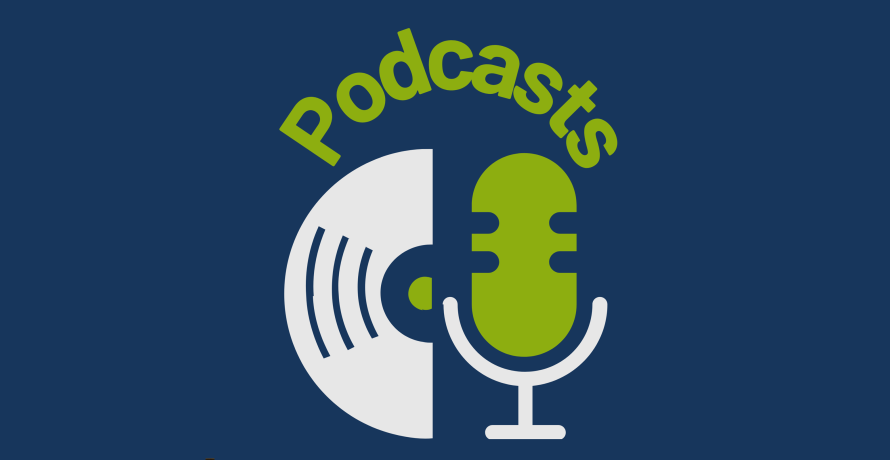
Read More
Podcast "Pergament und Mikrofon"
A group of young academics who are interested in discussing old and new research topics in German medieval studies away from the seminar room: In the podcast “Pergament und Mikrofon”, they present a variety of research topics as well as questions about studying and teaching German medieval studies in an informal and entertaining atmosphere.
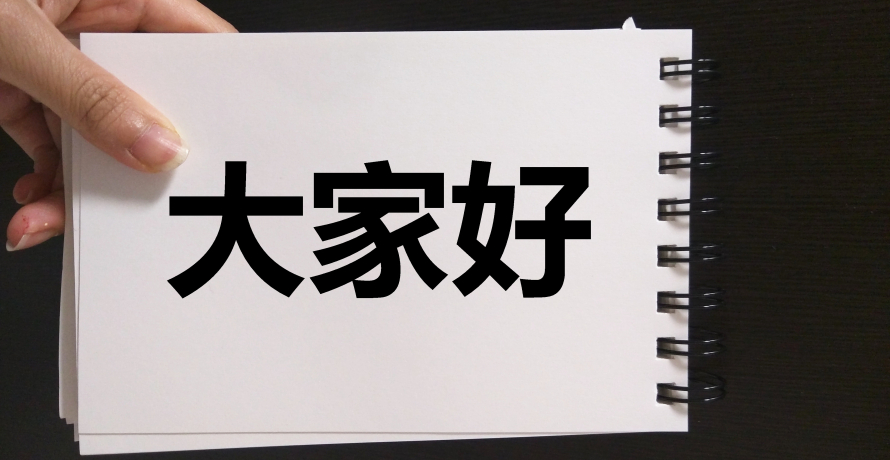
Read More
“Shouki” project for Modern Chinese I-IV and Classical Chinese I-II language courses
The “Shouki” project aims to make learning Chinese characters, pronunciation and reading comprehension as efficient, practical and entertaining as possible. As part of the project, a number of flashcard decks were created by students for students, which can be used with the “Anki” flashcard program.
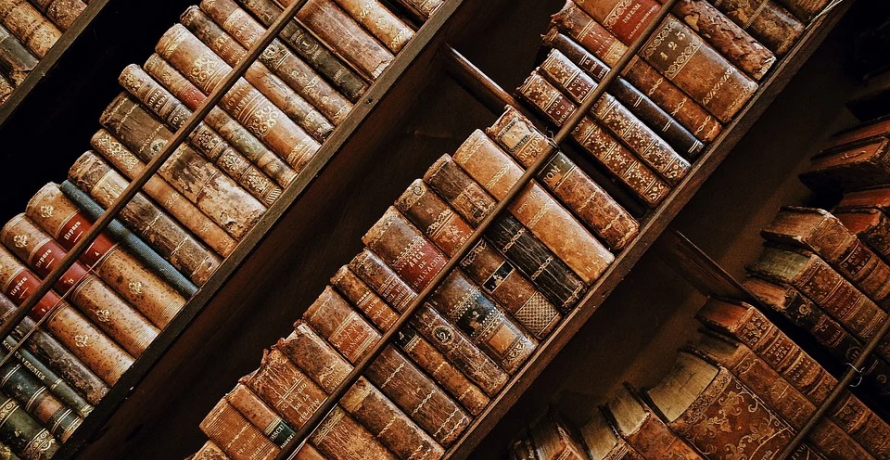
Read More
Accompanying exercise: Basic course in German medieval studies
The accompanying exercise to the basic course in German Medieval Studies offers an introduction to working with Middle High German texts. In addition to providing an insight into various genres, the course focuses on dealing with the Middle High German language and consolidating your understanding of it.
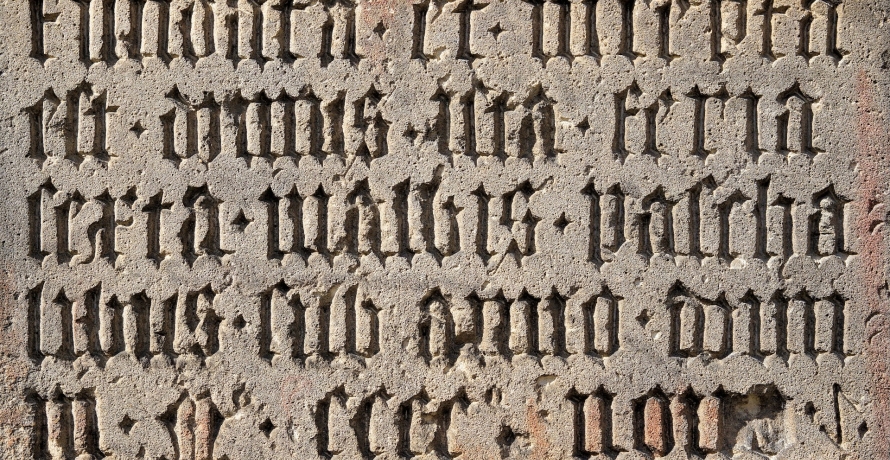
Read More
Preliminary Course - Latin for Students of Humanities
This online course is the result of the presence lecture of the same name offered by the Summer University at the RUB before the start of the semester. If you missed the preliminary course for whatever reason or just want to repeat the subject matter, then you've come to the right place.
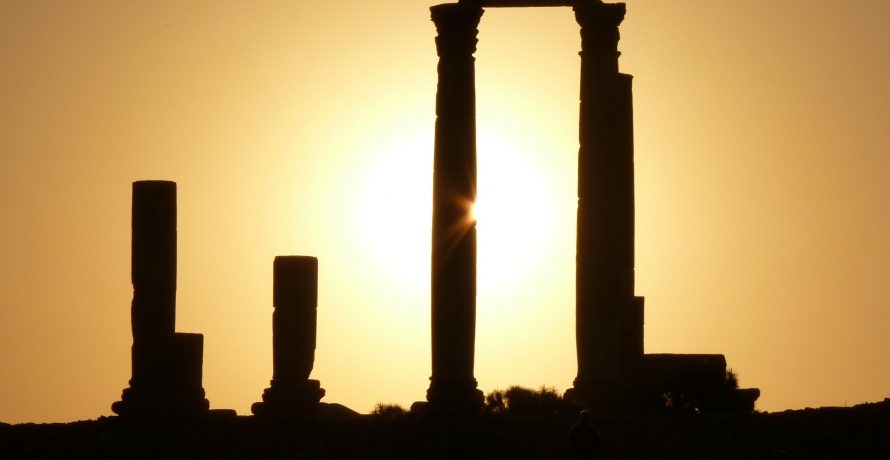
Read More
Appointments & Student Counselling in Romance Studies
In this Moodle course you will find the current consultation appointments of Dr. Judith Kittler. You can also register here for an appointment. The consultation appointments listed here are concerned with the topics of exam registration, courses and homework. For other questions and topics of the student advisory service, please register at the curator's office.

Read More
Cultural platforms / Platform cultures (OER)
Nowadays, it is practically impossible for media and cultural professionals not to come into contact with platforms. Whether as product platforms such as Spotify or Netflix or as AI-based production platforms such as Dall-E (for images) or ChatGPT (for text) - platforms are inscribing themselves into our media practices as intermediaries and infrastructures.
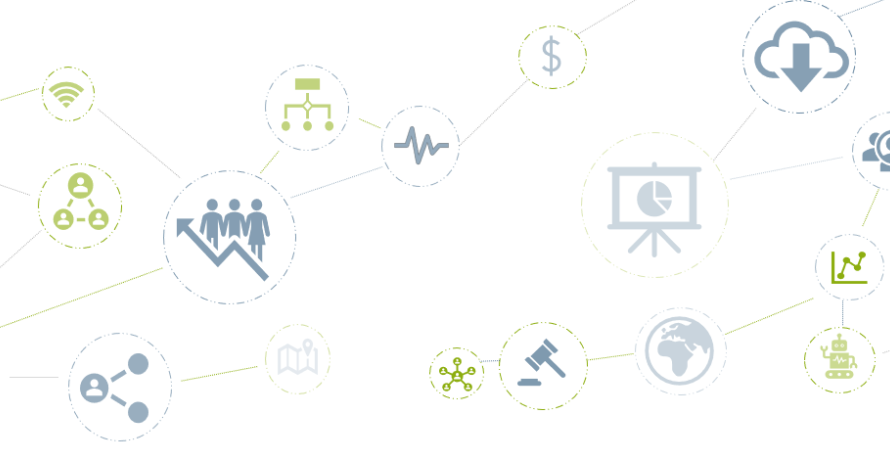
Read More
Data Literacy for Learning Analytics (for lectures)
This course provides a comprehensive introduction to data literacy in the context of Learning Analytics (LA) for teachers. Given the diverse challenges posed by the use of LA, it is important to develop a curriculum that takes into account the different skill levels and needs of teachers.
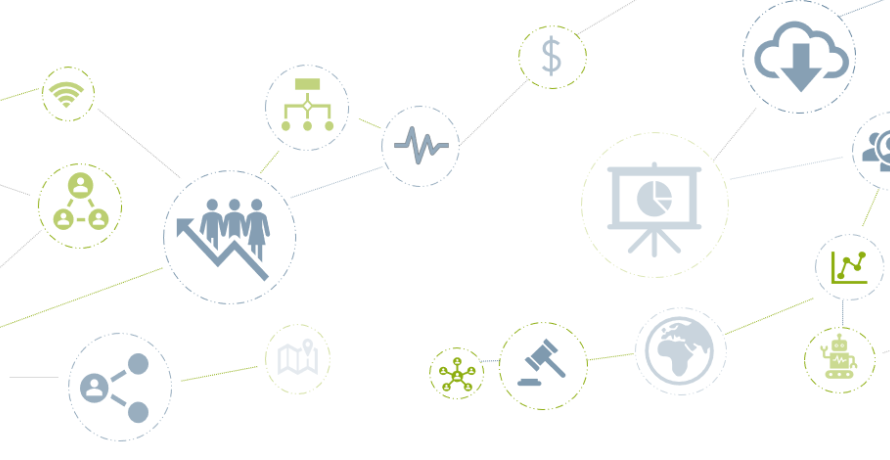
Read More
Data literacy for learning analytics (for students)
This course provides a comprehensive introduction to data literacy in the context of Learning Analytics (LA) for students. Given the diverse challenges posed by the use of LA, it is important to develop a curriculum that takes into account the different skill levels and needs of students and teachers.
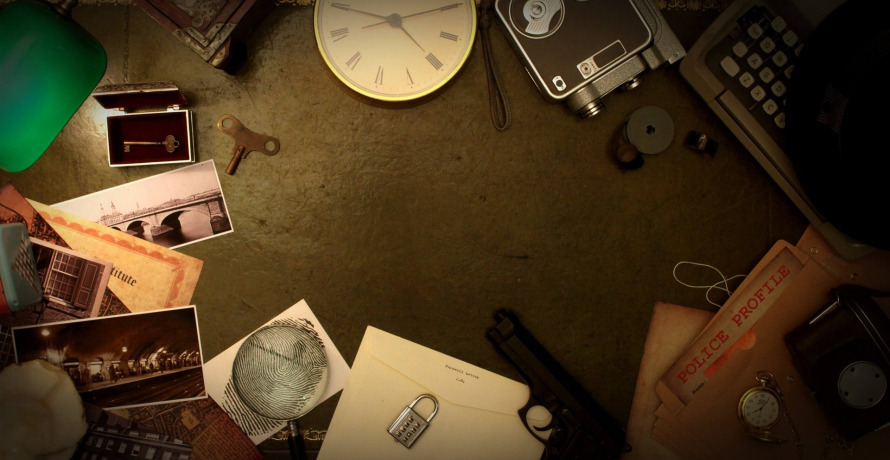
Read More
Digital Escapes. The Importance of Spatiality in Game Design
This OCW-course serves as a demonstration course for the creation of Escape Room Games. The course took place in the winter semester 2020/2021. The purpose of the course is to explore practical and theoretical questions on how digital games represent, implement, and construct space.

Read More
Basic Course: Modern German Literary Studies [NDL16/17] (OCW)
The basic course "Modern German Literary Studies" introduces students to the central subject areas of German Studies. The seminar was offered in winter semester 2016/2017 by Dr. Kleinwort and shows exemplarily, how an NDL basic course can be conducted, which topics are dealt with and which achievements have to be made.
